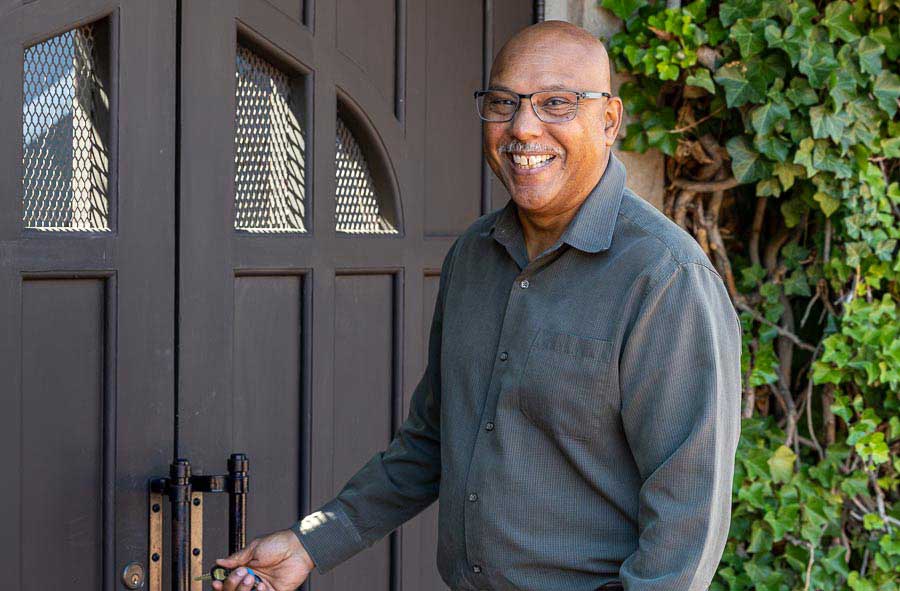Repentence, atonement and forgiveness — and some form of self-initiated exorcism can help us get back on the right path
By Richard Carey
There are the little demons and the big ones, the annoying ones and the vicious ones. Big or little, they can play hell with any aspirations toward achieving or sustaining inner peace. Most religions, though not always agreeing on what demons are and where they come from, prescribe some form of exorcism to rid ourselves of them. The process varies from religion to religion, as does the idea of what a “demon” really is, but the desired outcome is the same — to be rid of the damned things. Even in secular psychotherapy, for a successful outcome, some form of self-initiated exorcism must take place.

Whatever the origins of these demons, at least one of them, guilt, is clearly birthed within our own essences, that is, within our souls or psyches, depending on one’s metaphysical persuasion. Where the smaller demons can be more easily disposed of, by diversion or meditation, guilt travels with a gang of pestilent minions — debts that can never be repaid, injuries inflicted that cannot be undone, words that cannot be unsaid, to name a few. Guilt can relentlessly hobble aspirations toward personal happiness and inner peace. It often is the main driver of the need for personal redemption and transcendence.
Depending on one’s religious persuasion, or non-persuasion, demonic guilt arises from a sense of grievous moral failure — transgressions against one’s deity or one’s most profound moral principles, or both. To help us escape this darkness, most religions deal with issues of sin and redemption within a defined process. That process, whether religious or secular, usually involves the following steps.
- Repentance: Acknowledgement of the sins or wrongs committed, and a sense of deep regret and shame.
- Atonement: Actions that try to undo or at least balance the deeds that feed the feelings of guilt.
- Forgiveness: Seeking forgiveness from the deity, the social group, and/or where possible, from those who were harmed, and practicing forgiveness of others who need it, instead of sitting in judgment.
With repentance as a prerequisite, followed by atonement to prove our repentance, we earn the right to ask or beg forgiveness. We may not always receive it from others, but if we’ve conscientiously followed the first two steps, we have completed the necessary steps of self-exorcism. Not all wrongs can be undone, but through sincere atonement one can become a better person.
But there’s a catch. The three steps won’t work unless, for our own peace of mind, we also forgive ourselves. This can be the most difficult task of all. This is a key point. We know it is important and good to forgive others, so why do we resist forgiving ourselves? Why is it so hard?
Many have struggled with this final step, and there is something of a consensus about how to go about it. We should start by standing back and trying to see ourselves objectively. If we’ve earnestly worked through the stages of repentance, atonement and forgiveness, we should realize that we are no longer the same person we were in the past. In that sense, the last person we need to forgive, ourself, is no longer the person we are now. We must apply the same unconditional mercy we would show toward others who have shown themselves worthy of forgiveness. If we can do this, our demon is finally expelled, and we can allow ourselves to proceed on the path to inner peace.
Further, if we want to progress on our mortal and spiritual journeys, unencumbered by negative baggage, sooner or later we must purge memory’s mineshafts of all the dross, leaving only the gold and glittering gems, taking relief and pleasure from this, and then using our experience to carve new shafts through purer veins.
Richard Carey lives contentedly in Ashland, studying the Zen of idleness, playing pickleball and scribbling out the occasional poem.
Want to contribute? Send 600- to 700-word articles on all aspects of inner peace to Richard Carey ([email protected]).




















